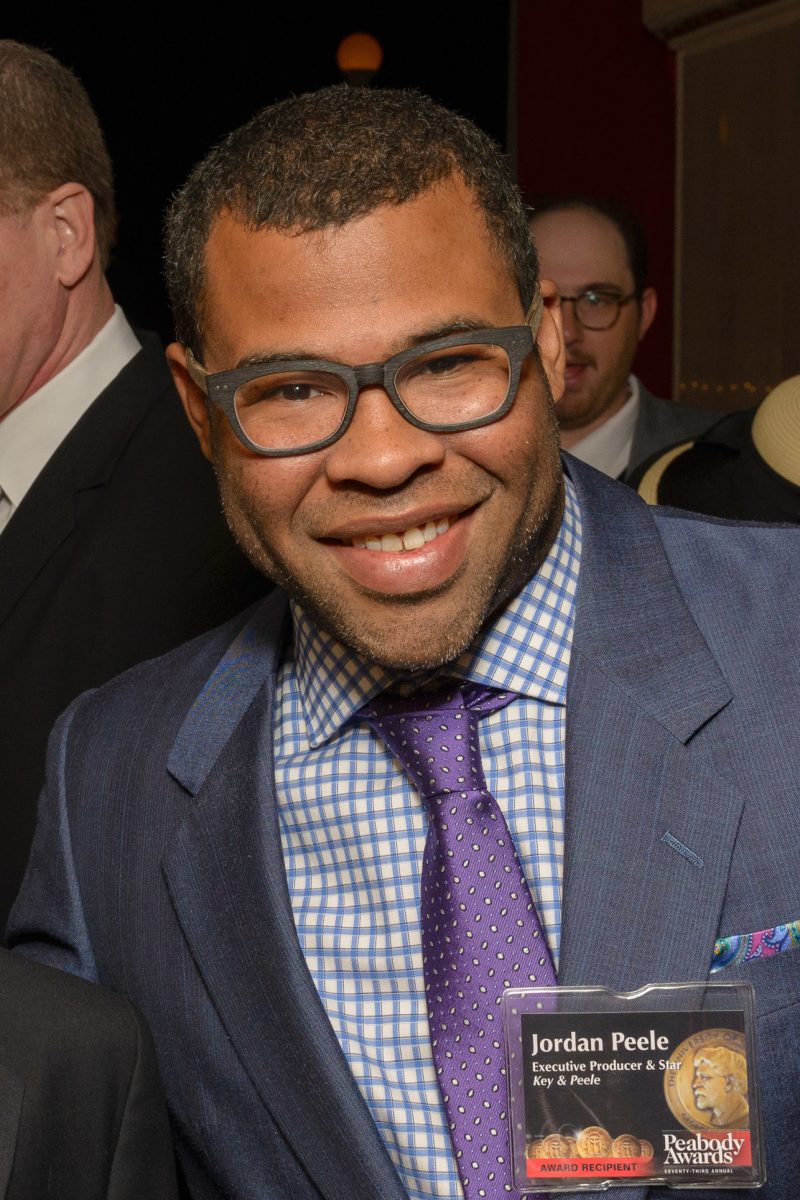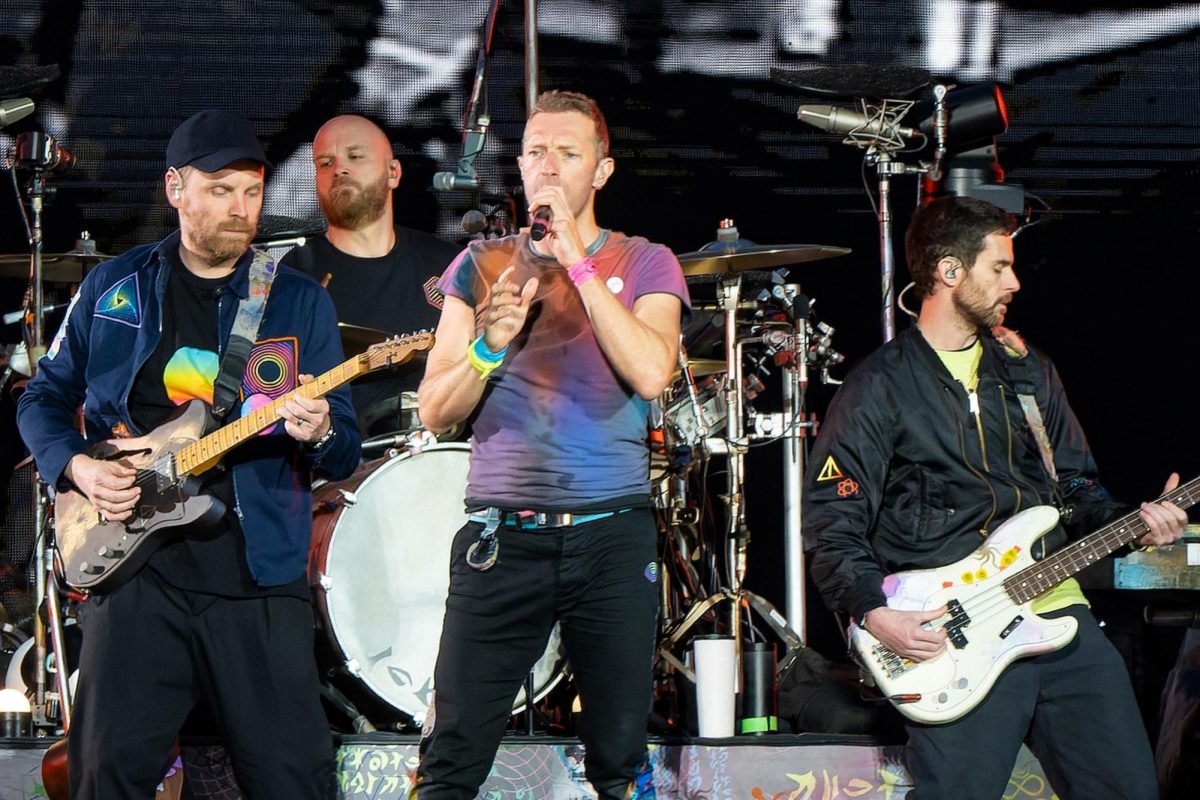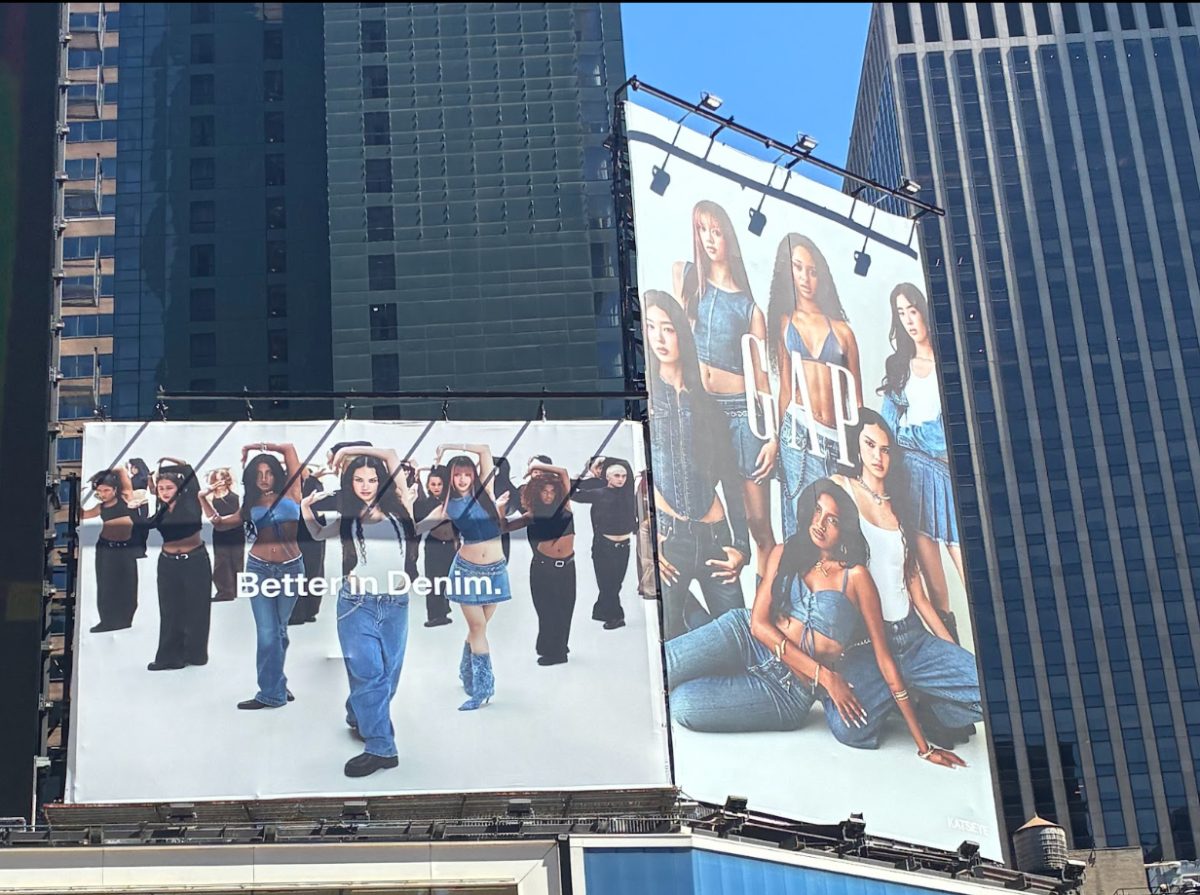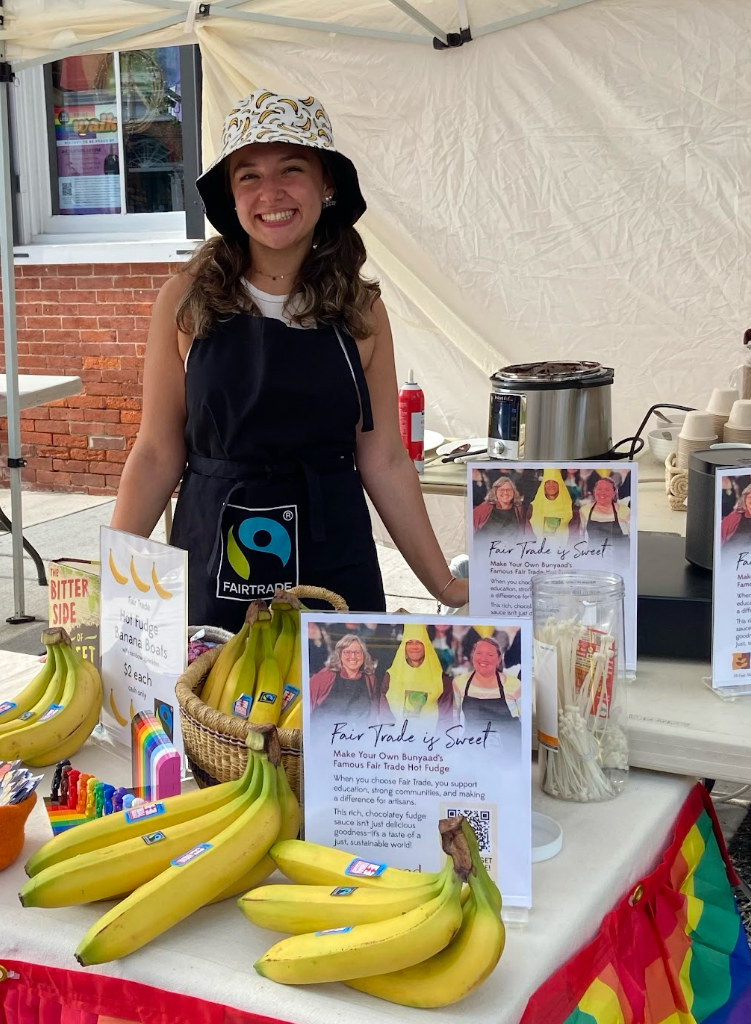It’s a new year, which inevitably means that highlight reels of people’s lives from the past year are some of the most prevalent posts viewers see on social media. Long captions detailing the exciting things that those around us have accomplished, the goals they’ve achieved, the places they’ve been and the ways they’ve improved accompany photo after photo of smiling people.
Many viewers spend an inordinate amount of time scrolling through: one post, another, a third, as it becomes other people’s lives that captivate us in a time when we should be able to reflect on our own lives the past year without feeling the need to compare them to others. And yet, the biggest misconception about these end-of-the-year posts is that they really are just the highlights.
When viewing any form of personal social media, it becomes evident that the good parts of people’s lives are the majority of what ends up on these platforms. The difficult thing is realizing that these posts are not the only things happening in a person’s life. Being vulnerable, even with those whom one knows very closely, can be difficult, which is why new year posts perpetuate this idea of highlight reels. Showcasing a life in the past year with shiny achievements and exciting moments at the forefront is a lot easier than including parts which can be seen as weakness or attention-seeking.
Even though vulnerability on social media can be a challenge, allowing people to see parts of themselves and their struggles in the lives of others around them is extremely empowering. If people who struggled in the past year can see that their year was just as important as anyone else’s, they hopefully will be able to reflect on it with compassion rather than judgment and comparison. The good parts of any person’s life are not negated in any way by bad things that happen to them, and social media does a great job of hiding these struggles behind a screen.
Another important thing to consider when moving forward into the new year are the infamous New Year’s resolutions. The goal of most New Year’s resolutions is self-improvement, and to accomplish that as fast as possible. To cut out all sugar by the end of the first week in January, to begin exercising five days a week starting on day one, to spend more time with family, to journal, start taking art classes, the list goes on and on.
These resolutions are often left unfinished very quickly because the idea behind them is that the only time people can work on change with merit is in the new year. If someone’s resolution is unattainable, then they cannot achieve it and they are often left feeling defeated and unable to try again. They see that everyone around them is already ahead and on the path to success while they fail.
This is, put simply, just not true. For those who struggle in the past year, it can feel impossible to create and work toward a goal right away. Allowing people to make goals in the new year outside of traditional New Year’s resolutions is extraordinarily freeing to those who need time to heal and grow before they can achieve those ambitions.
New Year’s resolutions can also normalize societal pressures. Once again, goals are very often about change, and change itself isn’t inherently a bad thing. However, changing eating habits, appearance, work ethic, grades and whatever it takes to feel better about yourself is where the issue lies. Using New Year’s resolutions to change things to like yourself more based on societal standards of what productive and healthy people look like rather than to allow yourself to live your life to the fullest—whatever that looks like—is such a common theme in these resolutions that it becomes wrongly normalized.
New Year’s is an interesting time particularly because of the pressure to work. After the quick celebration, people’s lives speed up to their regular routine, resolutions and goals take the forefront of many minds, and all the while it is still winter. The season may not seem like an important part of New Year’s, but in reality, while humans are preoccupied with expectations and judgments, nature is still resting. The rest of the animal kingdom is still in hibernation, the air is cold and dry, and with all of these societal rules about how to act when the new year comes around, it can be easy to forget that we’re still supposed to be resting. Finding the time and space to truly do that can be very difficult, but taking the expectation of immediate productivity and pressure off of the new year makes it a little easier.
Human beings as a species are extremely motivated by success and progress, which is part of why we’re so advanced. It’s also part of why we can find it very difficult to take pressure off of ourselves when it comes time to reflect on ourselves, our lives, and the work we achieve. But even knowing this doesn’t make the world around us slow down, so how can we?
The most important aspect to take into account is how we treat ourselves in the new year. Limiting futile time spent on social media and allowing yourself to reflect on the past year without comparison to others are some of the best things to aspire to. Knowing that goals don’t have to look the same for everyone and that lives full of happiness and excitement are equivalent in value to those that may not be is crucial to giving yourself grace during a time that should encourage compassionate self-reflection. Realizing just how far you’ve come in the past year is a beautiful thing, and it is okay if that takes time. It is okay to take time to slow down and reflect on the magnitude of your existence.















